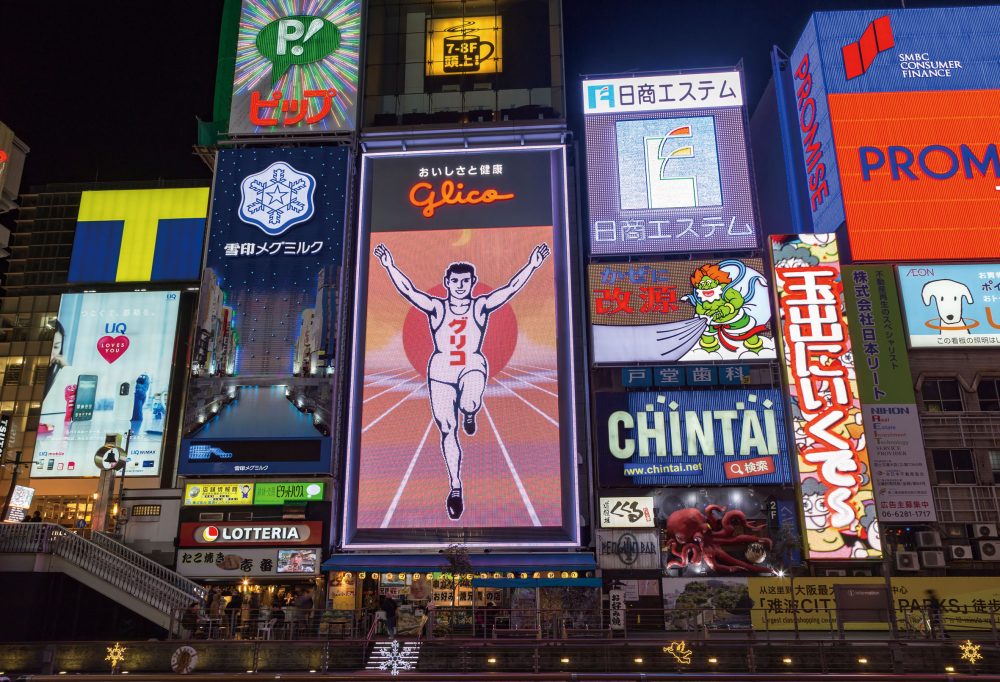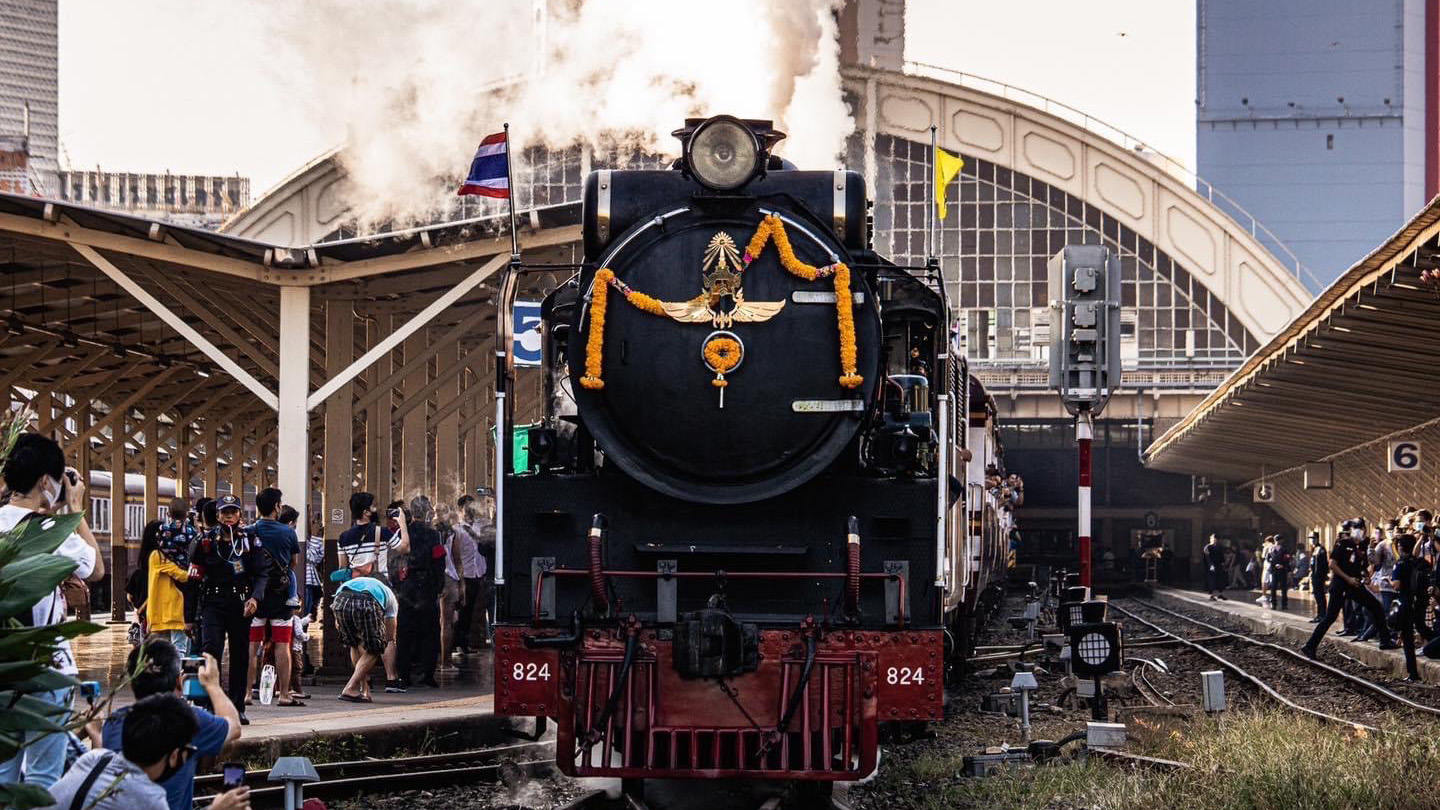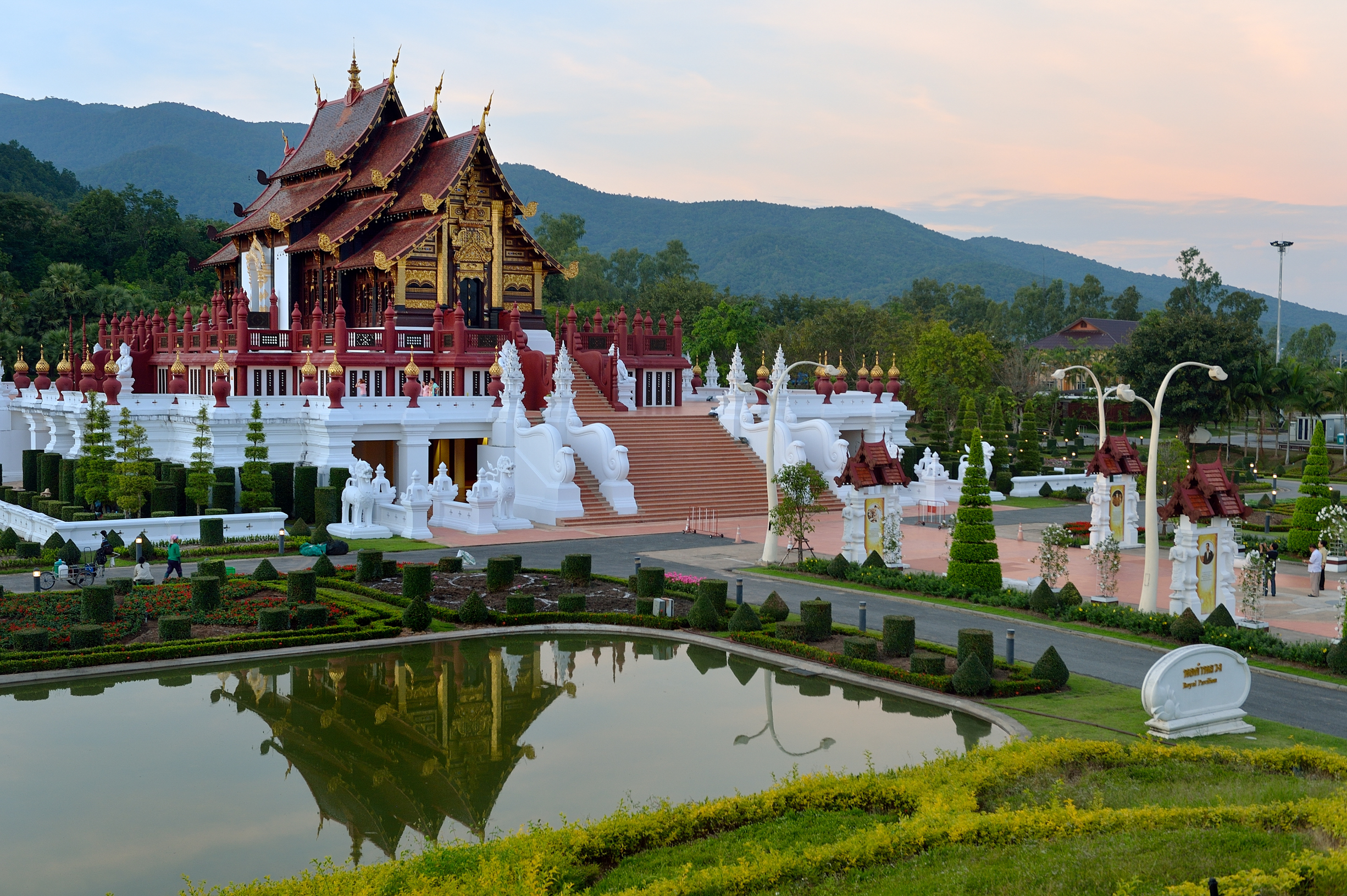It’s just as well that Filipinos are a hospitable people. Having been occupied and colonised by the Spanish, the Americans and the Japanese, they could be forgiven for having a certain reticence about welcoming foreigners.
Instead, the people of these multi-thousand islands are among the most internationally minded and welcoming of any Asian nation.
However, the country has been beset by problems that have continually wrecked its opportunities to regain what some see as its rightful place as a major regional destination for meetings and incentives.
Back in the 1970s, the Philippines was at the forefront of the region’s business events sector. A clutch of five-star hotels and the showcase Philippine International Convention Center were all built in Manila to accommodate major joint meetings of the International Monetary Fund and the World Bank in 1976, when then-president Ferdinand Marcos was still the darling of international business and his subsequent fall and disgrace almost unthinkable.
Since the collapse of his dictatorship, the Philippines’ often chaotic political system can certainly be blamed for the reluctance of corporate organisers to consider the country’s many attractions. Political instability is always fatal to organiser confidence and there has been that aplenty in the country for the past couple of decades.
Just as it looked as if the new presidency of Benigno Aquino III might generate a new wave of optimism, the tragic killing of eight Hong Kong tourists appears to be yet another setback for the country (see box on security).
Alberto Lim, secretary, Philippine Department of Tourism, believes trust will be reignited if there is a credible response to the event. He says: “We want to see a credible report and people held accountable. Compensation has to be just, defensible by international law. Then it will take two to three months [for the situation] to normalise.”

Recharging promotions
Despite the latest shock, the meetings industry is more determined than ever to push ahead with plans to redevelop the country’s business events offerings and to help restore the country’s battered image.
“In the 70s we were the number one. We haven’t really been focusing on MICE [since then]. In our recent marketing strategies we are going to position the Philippines as a MICE destination. We have to strengthen our team,” the minister says. “I want to double tourism in six years from 3 million to 6 million [arrivals], to catch up with our neighbours. If we are in the top three, I’m already very happy.”
Manila and the Visayan island of Cebu are the two main entry points to the country and also the two most important business events centres. Both are well connected in terms of regional air access and can boast enough variety of five-star accommodation options to suit small to medium groups.
However, most industry figures would concede that the country does not possess sufficient large-scale meeting venues to cater for large conferences as adequately as some of its regional neighbours, such as Singapore or Hong Kong.
“We have limitations when it comes to numbers. There is the SMX Convention Center in the Roxas Boulevard area. We need even bigger ones to compete with Singapore,” Lim says. “But even more important is to increase the revenue. The Philippines’ revenue from tourism was US$2.2 billion in 2009. We hope for a 10 percent increase – we were on target until August. We have higher revenue per tourist than Thailand, Malaysia and Singapore.”
International direct flights are available to Manila, Cebu and Davao in Mindanao. International charter flights are now going to Boracay, Iloilo and Palawan, but the airports there can only accept small aircraft, so these destinations can only take small groups, according to the secretary.
He says: “The present administration is considering a more liberal civil aviation regime. Japan’s ANA is starting flights; AirAsia is planning to start a new company in the Philippines and make it a hub. Cebu Pacific is opening new flights to Guangzhou and Shanghai.”

The Philippine Experience
What the Philippines does have, however, is space of a different kind. Its islands, beaches, jungles and mountains provide a stunning backdrop for high-end incentives, corporate retreats and teambuilding.
“The Philippines has its own share of beautiful, natural sights, paradise-like islands, splendid beaches,” says Cesar Cruz, general manager of Trips Travel.
Clang Garcia, managing director of destination management company (DMC) Islands Vacation Bliss, agrees. “We have the best natural resources which vary by island so you can choose your own trip or adventure,” she says.
Secretary Lim suggests pre- and post-event tours to Boracay, Palawan, Bohol or Banawe. He says that one differentiation point in favour of the Philippines is that the country has beach destinations, sports tourism, bird watching and monkey watching, as well as culture tours to many different destinations, such as Bohol near Cebu, Iloilo or the Ilocos region – while in Singapore you have to leave the city to go on a post-event tour.
The Philippines is one of the largest English-speaking countries in the world, so ease of communication is a big advantage when compared with other destinations. The country also has a unique culture, with its exotic blend of indigenous, Hispanic and American influences, and a special service culture.
Secretary Lim intends to promote the country based on the famous Filipino hospitality and the ease of communication in English. “That’s how we can differentiate ourselves,” he says. “It is very hard to compete on price with Thailand or Vietnam, they have the supply and we don’t. We have a better service level.”
Garcia also emphasises that the human touch is an important factor. “Filipinos are naturally pleasant and hospitable and can make every trip memorable. We are a highly educated nation and that makes our people competitive in terms of proper guest handling. Filipinos are a highly creative team that can always handle a sparkling high-impact event.”

Fast Facts
ACCESS
The Ninoy Aquino International Airport in Manila is the premier gateway to the country.
CLIMATE
March to May is hot and dry. June to October is rainy. November to February is cool. The average temperature is 32°C.
VISA
Visitors from most countries are allowed to enter the country without a visa for stays of up to 21 days. Passports must be valid for six months beyond the intended length of stay. For more information, visit the Philippine Department of Foreign Affairs website at www.dfa.gov.ph
LANGUAGE
Local dialects abound but Filipino is the official language. English is widely spoken.
CONTACT
Philippine Department of Tourism www.visitmyphilippines.com
Insider View
Sonia Lazo, managing director, Intas Destination Management, holds the view that the country’s mix of people and places sets it apart.
“First and foremost, the hospitality and warmth of the Filipino people is priceless. It’s innate and it’s in our culture to bend over backwards to please our visitors. Service is always outstanding. If you go to any establishment – a restaurant, a shop or a café, you are always greeted with a smile, even more so if you are staying in a hotel or in a resort. The mix of our culture – reflected also in the sights with our churches, Spanish forts, 7-11s, McDonald’s and Chinatown – makes us unique. We are Asians with Hispanic and American blood. We are a karaoke-loving people. The use of English as a second language is also a plus. Apart from that, we have wondrous sights and unique venues for activities: lunching on riverbanks with your feet in the water, folk songs and dance presentations in forts, cocktails in caves and so much more.”
Personal safety
Security in The Philippines became a headline issue following the tragic hostage siege in the capital, Manila. On August 23, former Philippines senior police inspector Rolando Mendoza held hostage a busload of Hong Kong tourists in Rizal Park, a popular tourist spot.
Mendoza, who had lost his job two years earlier under a cloud of corruption allegations, demanded to be reinstated in his role. When his demands were not met, he began to shoot the hostages, using an M-16 assault rifle.
Eight Hong Kong tourists lost their lives in the tragedy and this has soured relations between the Hong Kong and Philippine governments. Philippine president Benigno Aquino promised a “thorough investigation” into the incident, which was still underway at the time of going to press.
The Hong Kong government immediately issued a “black” travel warning – its highest security alert – to deter Hong Kong people from travelling to The Philippines and urged those already in the country to take care.
Such advisories are typically not directed at business travellers, says Tony Ridley, International SOS director for security services in Asia-Pacific.
“The target audience for government advisories tends to be the lowest common denominator and that is mums, dads, backpackers, first-time travellers, the whole of the population, whereas commercial or business advisories such as what we provide is a much, much different demographic.”
International SOS has not raised its security rating on The Philippines in the aftermath of the hostage incident. It remains at moderate to medium, the same ranking as India and Indonesia.
The Manila hostage tragedy is likely to stay longer than normal in the public psyche, thanks to extended and graphic coverage of the incident.
“The immediate response is going to be that people are going to stop travelling and they’re going to put The Philippines in an unnecessary risk category and, unfortunately, as it stands at the moment, that is going to linger for much longer than some other incidents,” he says.
Business travellers are less likely to be affected because they tend to be more aware of country risks, better educated and better prepared. Nonetheless, there will be an impact on their movements.
To maximise personal safety, Ridley says behaviour modification is essential when travelling in countries such as The Philippines, where for example the gun culture is far more prevalent than in neighbouring countries.
“It just means that you need to think things through in advance. There should be far less spontaneity when travelling to these locations. It should be ‘stop, plan and then follow through’, rather than acting reactively or spontaneously.” It’s important to put risk into perspective, he says, and the Philippines as a whole has become no more dangerous because of this one incident.
Liana Cafolla
The Professionals
Intas Destinations Management
email: sonia@intasdestinations.com
Trips travel
email: trips@tripstravel-phil.com
Marsman Drysdale Travel
email: inquiry@marsmandrysdale.com
Islands Vacation Bliss
email: clang_garcia@islandsphilippines.net


